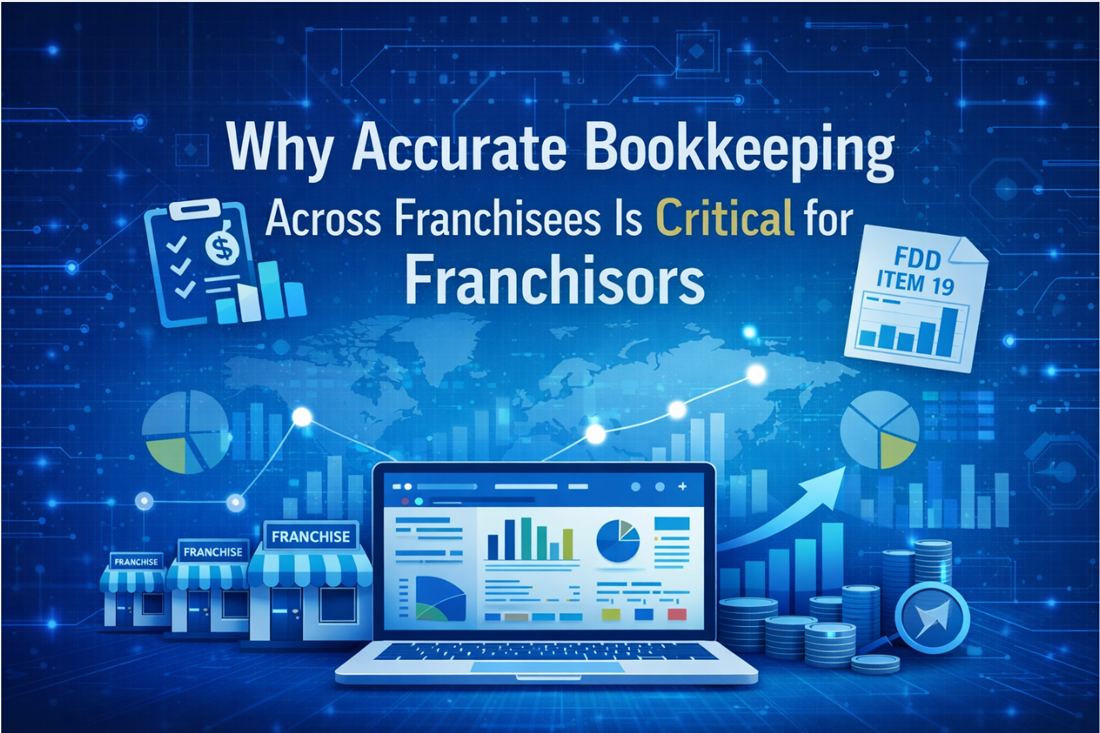Starting and running an e-commerce business has many fun and exciting aspects, like seeing your target customer segment latch onto your newest product offering or receiving glowing reviews. One less fun aspect of e-commerce is sales tax. This blog post explains e–commerce sales tax and provides a compliance guide.
However, dealing with this administrative hassle from the beginning is crucial. Otherwise, it becomes a major hassle that bites your bottom line. But never fear. This guide will simplify what online sellers need about sales tax, minus all the complicated jargon. (We’ll have to use a little jargon, but we’ll explain it along the way.)
What is sales tax?
When most business owners think of tax, they think of their annual tax return due to the IRS. But the sales tax is a different animal altogether.
Sales tax is a small percentage of a sale charged at the time of the transaction. E-commerce sellers and brick-and-mortar retailers must charge a specified sales tax rate to the customer and then turn around and remit it to state (and sometimes local) tax authorities.
States and local areas, such as cities and counties, use the sales tax collected to pay for budget items like road maintenance and public schools. Because states rely on these funds, they are very invested in e-commerce sellers and meet their legal obligation to collect and remit sales tax.
And it’s important to note that the federal government or the IRS has nothing to do with sales tax. Instead, states make their own sales tax rules and laws. Forty-six states and Washington DC all have a sales tax. For that reason, e-commerce sellers must consider each state when recognizing where they’re required to collect sales tax.
When is an e-commerce business required to collect sales tax?
An e-commerce business is required to collect sales tax from customers when they meet two criteria:
- They have a sales tax nexus in a state(s)
- They sell items that are taxable in their nexus state(s)
Sales Tax Nexus
Having “sales tax nexus” in a state means your business is tied to that state. For example, you always have a sales tax nexus in the state where your business is located.
But sometimes your business has sales tax nexus in other states as well. This can include:
- Having a location such as a store, office, or warehouse
- Having personnel such as employees, contractors, salespeople, or installers
- Storing inventory in a warehouse (even if you don’t own it)
- A drop shipping relationship with a supplier in a state
- Having an affiliate in a state who sends you sales in exchange for a percentage commission
- Doing temporary business, such as selling taxable items at a tradeshow or craft fair
- Economic nexus – making over a certain sales or transactions threshold in a state
E-commerce businesses can be complex. Something like hiring your sister in another state to perform customer service duties for you or storing inventory in a warehouse in Nevada to be near a centralized West Coast shipping hub can give your business nexus, and thus the obligation to collect sales tax, in new states.
It’s important to note that when you have nexus in a state, you’re required to collect sales tax from buyers in that state. Say you have nexus in North Carolina (where you live), Iowa (where your sister who does your customer service lives), Kentucky (where you store your goods), and New York (where you have many customers and thus economic nexus.) If you make a sale to a customer in any of those states, you are required to collect sales tax from those buyers.
Taxable Items
Most tangible items are taxable, so as an e-commerce seller, you’d be required to collect sales tax from buyers in most cases.
However, some items are frequently non-taxable. This includes groceries and medications. A handful of states exempt clothing or textbooks from sales tax, too.
Things get more complicated when it comes to digital goods. Most states didn’t require sales tax on digital items such as e-books or downloaded songs for a while because they were intangible. But as physical media began to pass by the wayside, states realized that they were losing out on revenue and began requiring sales tax on digital products and also software.
As the retailer, you determine what items are taxable in each of your nexus states.
I have sales tax obligations. What do I do now?
Once you realize you’re required to collect sales tax, it’s time to get sales tax compliant by doing the following:
- Registering for a sales tax permit (or permits)
- Setting up sales tax collection on your online shopping carts and marketplaces
Registering for Sales Tax
Because sales tax is governed at the state level, you must register for a sales tax permit with each state in which you have nexus. Register with the state’s taxing authority. This is usually called the [State] Department of Revenue, but it might go by another name, such as the Texas Comptroller or the California Department of Tax and Fee Administration.
Collecting Sales Tax
Once you have registered for a sales tax permit, your next step is to make sure you are collecting sales tax from your buyers in your nexus states. These days, most online shopping carts like Shopify or WooCommerce allow you to set up sales tax collection directly.
Note: If you only sell on large online marketplaces such as Amazon or Walmart, you may not need to collect sales tax directly from buyers. Due to “marketplace facilitator laws,” marketplaces like Amazon, which host your goods on their site, are generally considered to be the seller of record. However, some states still require marketplace sellers to register for sales tax permits, even if the marketplace collects and remits on your behalf.
How do I remain sales tax compliant?
Once you’ve identified your nexus states, registered for a sales tax permit, and collected sales tax, it’s time to file and remit your sales tax.
Each state will assign you a filing frequency and sales tax due dates. The filing frequency will generally be monthly, quarterly, or annually. The more sales tax you collect, the more often you must file and remit. (Some states require some megacorporations to file and remit sales tax even more often than monthly.)
The due date is different depending on the state. While most states want you to file and remit sales tax by either the 20th or the last day of the month after the taxable period, others have due dates on the 15th or 23rd. Always double-check your sales tax due date, and remember that every state is different. Just because sales tax is due on the last day of the month in your home state doesn’t mean that it is the due date in any of your other nexus states.
The last step is to remit the sales tax you’ve collected. Sales tax isn’t part of your profits. Instead, it’s a “pass-through tax.” That means you collect it from the buyer, hold on to it for a short time, and then pass it on to the state government. When you file your sales tax return, you’ll usually be given the option to pay online. And with that, the cycle starts all over again.
Sales tax is an administrative hassle, but it’s vital to give state governments their due so that you can stay compliant and avoid fines and penalties. Managing sales tax compliance for an online business can seem daunting, but breaking it down into clear steps makes the process more manageable. While sales tax takes effort, keeping up with your obligations will allow you to run your e-commerce business smoothly and avoid problems. With the right knowledge and preparation, you can handle this crucial aspect of selling online.
About the Author
Tom Spang works in sales and partnerships at Hands Off Sales Tax (HOST), which has been solving sales tax compliance for e-commerce sellers for 25 years. If you have questions about sales tax, feel free to contact HOST for assistance.
xendoo and Hands Off Sales Tax (HOST) have joined forces to empower small and medium-sized businesses (SMBs) with invaluable growth resources. At xendoo, we share your fervor for entrepreneurship and are inspired by your commitment to realizing your dreams. Through our partnership with HOST, we are committed to providing SMBs like yours with the financial visibility and support necessary to flourish.
More Than Just Numbers:
At xendoo, we understand that success is more than just crunching numbers; it’s about fostering meaningful relationships and comprehending each client’s unique needs. With our people-first approach, you can expect personalized attention and expert guidance tailored to your financial journey.
A One-Stop Solution:
xendoo offers a holistic suite of services designed to streamline your financial operations:
- Full-service bookkeeping and accounting support to liberate your time and resources.
- Hassle-free tax preparation and filing services.
- Fractional CFO Services will collaborate on a roadmap for future growth.
- A comprehensive dashboard delivering real-time financial insights.
Are you passionate about your success? So are we. At xendoo, we’re dedicated to providing SMBs with the financial visibility and support necessary to thrive and scale. Let us alleviate the financial burdens, allowing you to concentrate on what truly matters—steering your business toward success and achieving your aspirations.
Contact xendoo today and unlock the potential for growth while reclaiming valuable time to focus on your business.









